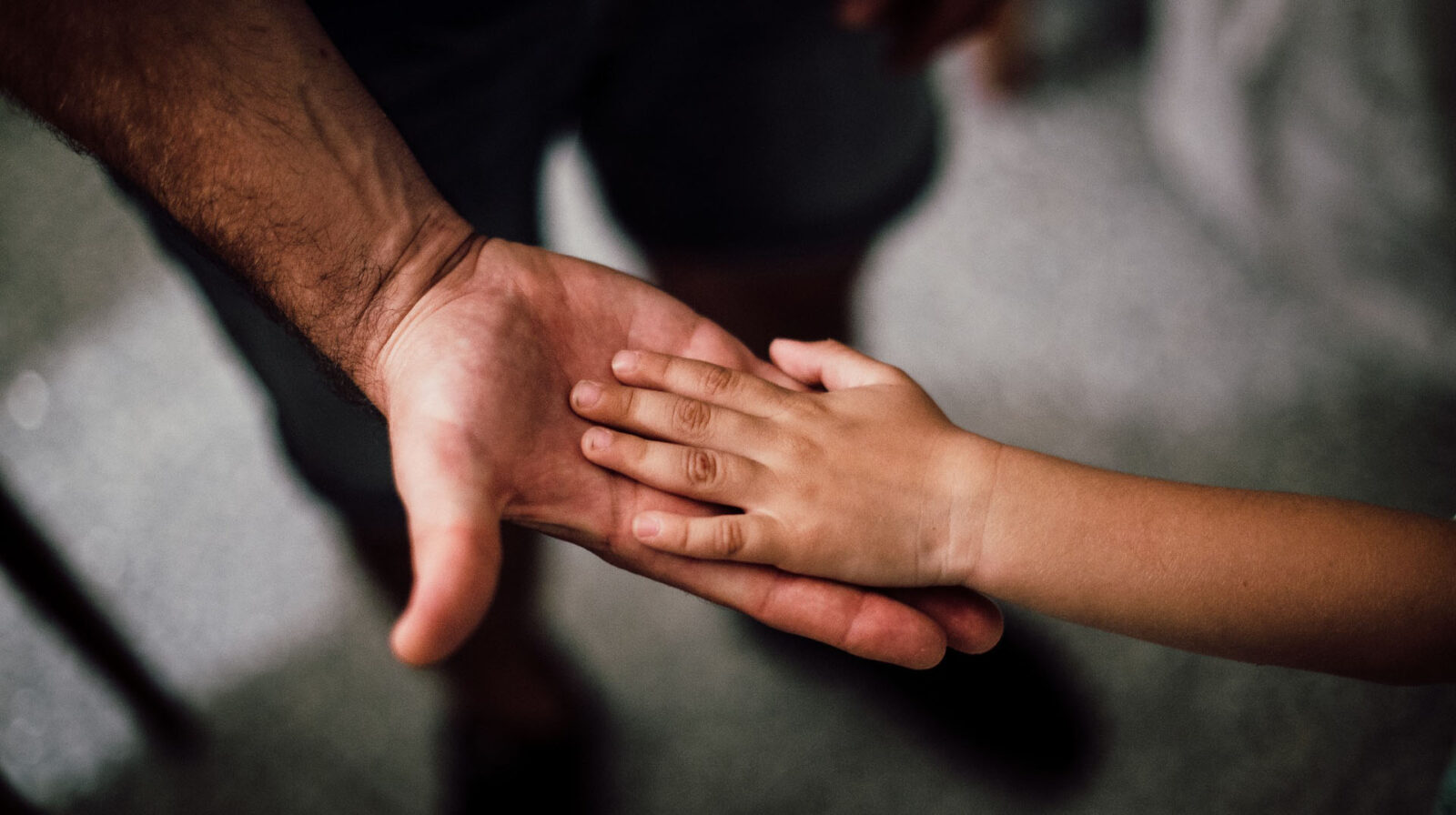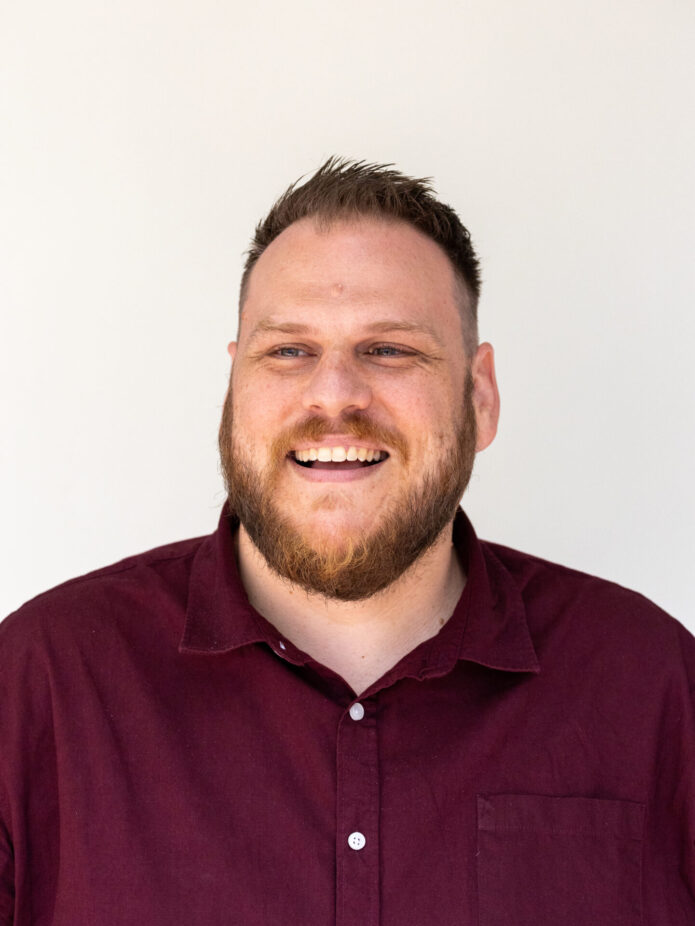My wife and I recently watched the movie Hustle. An American NBA scout finds a young man playing street basketball in his work boots on the streets of Spain. Bo Cruz is tall, strong, athletic and never seems to give up on a play. We learn that his past hasn’t all been squeaky clean and that he lives with his mother and has a young daughter. One thread of the story is the absence of his father. When the scout’s daughter asks him what the small yellow chick or duckling represents on his heavily tatted sleeve and torso, he tells her all his tattoos are for his daughter and his mother. “What about your father?” she asks. “This arm is for him,” he replies, pointing at his blank left arm. The absence of his father is very clearly marked (or not marked in this case) on his body.
At a TEDx Carson City event, Otto Kelly, former NFL player and executive director of Crisis Pregnancy Centre, delivered a talk entitled “The father wound”.
“In that calling, I see young ladies and young men come through our doors with a lack of fathering.
“Please understand this: Every single social ill that we’re dealing with is directly or indirectly related to fatherlessness.” A huge claim. But the stats back him up.
He claims that close to 81 per cent of teen pregnancies come from fatherless homes, and that 80 per cent of kids who are homeless and 70 per cent of males in the penal system also come from homes where dads are absent. “This wound is deep. Affects our whole culture.”
It is little wonder that the role and character of fathers would be so undermined and eroded in a fallen world, especially when we often associate God the Father with our own picture of what a father is or should be. Many fathers on television are depicted as bumbling idiots (think Homer Simpson or Al Bundy). Yet a good father can be immensely important. “When they witness a strong male figure, something in them takes place, something positive takes place within them, and they begin to see themselves in a positive light,” says Mr Kelly. (I’m not suggesting that mothers play a lesser role in any way. The love of a mother is one of the most powerful forces on Earth.)
We can do so much good and make such an impact, just by our undivided presence. And we don’t have to be a biological father to be a father figure in someone’s life. I recently spoke at my uncle’s funeral and, in reflecting on our interactions with him, I realised how he always included us and treated us equally, even our significant others as we grew older and attached. Men like my Uncle Graham can still play a father role in a young person’s life.
Even Jesus, when He came up from His baptism, heard the affirmation “You’re my son, I love you, I’m pleased with you” (see Matthew 3:13-17). Jesus describes God as His Father. Just as Jesus needed His Father to face His challenges during His life and ministry, many people need that kind of guidance and support in their own lives. I can literally remember some of the specific times my dad has told me he loves me and is proud of me. Those key moments have stayed with me.
Back to Mr Kelly. He describes the four things that young ladies who come through his “Daddy Academy” say they wish they had that may have stopped them making destructive decisions: protection, provision, presence and praise. These are things that all of us can offer. We may have to do some work for others to feel safe in our presence, to be fully present (not distracted or absent) or we may not naturally be affirming and able to speak our feelings. But it’s work the Holy Spirit can help us to do.
The good news is, we don’t have to have had a good father figure ourselves to provide it for someone else.
“[By] fathering others, I can vicariously father myself. I can heal the father wound in me by fathering others,” says Mr Kelly.
In the lead up to Father’s Day, here are a few things to consider: Are you demonstrating protection, provision, presence and praise for anyone in your life, biological offspring or not? Are you showing the character of God the Father to those who come into contact with you?






